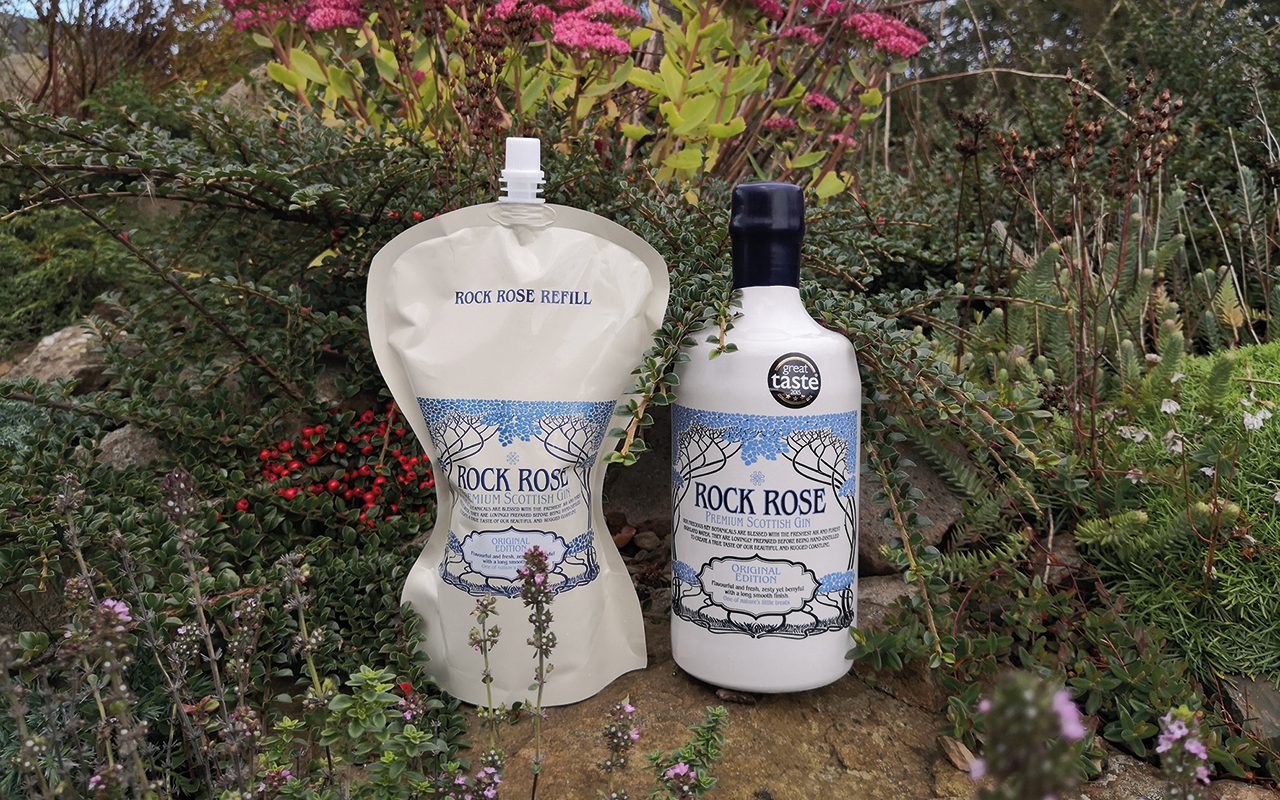Comment: Highlands and Islands Enterprise head of innovation Gillian Galloway talks sustainability

SCOTLAND’s larder is second to none and the Highlands and Islands are home to world renowned food and drink producers whose exports are sought across the globe.
Accounting for 60% of Scotland’s landmass and 9% of Scotland’s people and businesses, how can the region produce and export on a national and international level while keeping carbon emissions to a minimum? This is a question on the minds of many.
The Scottish Government has set an ambitious target of net zero emissions by 2045. And with the UN climate change conference COP26 coming to Glasgow this November, all eyes are on Scotland.
Now more than ever, businesses are aware of building sustainability into their strategy. Rather than it being an add on, it is a core element, ingrained within business plans that go hand in hand with operating effectively.
Consumers are savvy and are becoming increasingly concerned about the carbon footprint of companies they choose to spend their hard-earned cash on.
By innovating to design waste out of packaging, using recycled and recyclable materials and implementing carbon capture to offset emissions to reach carbon neutral, or better yet, carbon negative status, these businesses can reap commercial rewards from innovation and investment.
Highlands and Islands Enterprise’s (HIE) Innovation team worked with Dunnet Bay Distillers, the distillery behind Rock Rose Gin, to create a recyclable, refillable pouch for the spirit, the first of its kind.

The idea being customers could refill their ceramic Rock Rose Gin bottle and return the pouch via a prepaid envelope. This stopped waste from empty bottles by encouraging reuse, with the pouch itself recycled by Dunnet Bay Distillers on return.
HIE provided specialist advise to scope out the project and identified potential solutions.
This, coupled with a Small Innovation Grant, helped to fund a working prototype that quite literally designed waste out. The pouch became Dunnet Bay Distillers best-selling product on the website in 2020, over 3000 units have been sold and 81% returned for recycling.
Transporting pouches of spirit is much less cumbersome than ceramic bottles and they are now selling to markets across the world including Japan, Australia, New Zealand and Germany. This innovation has improved the company’s bottom line and diversified its offering allowing it to tap into a wider pool of mindful consumers.
Whisky and aquaculture are sectors with a lot of influence across the region and further afield. And as mentioned above, sustainability is now a key pillar of business strategy.
For example, the Scotch Whisky Association (SWA) unveiled a revised Sustainability Strategy in January 2021 which aims to reduce the sector’s environmental impact, helping it to reach net zero emissions by 2040. Its four strands include tackling climate change, using water responsibly, moving to a circular economy and caring for the land.
It is a similar story in aquaculture, with the launch of the Scottish Salmon Producers Organisation’s (SSPO) Sustainability Charter in November 2020 which focuses on green jobs and sustainable operations.
It includes a commitment to becoming net zero before 2045 and by transitioning to 100% renewable energy use, sourcing 100% of its fish feed ingredients from sustainable sources and working towards 100% reusable, recyclable or biodegradable packaging.




















